Samsung Galaxy S9, two years later: The best of new and old
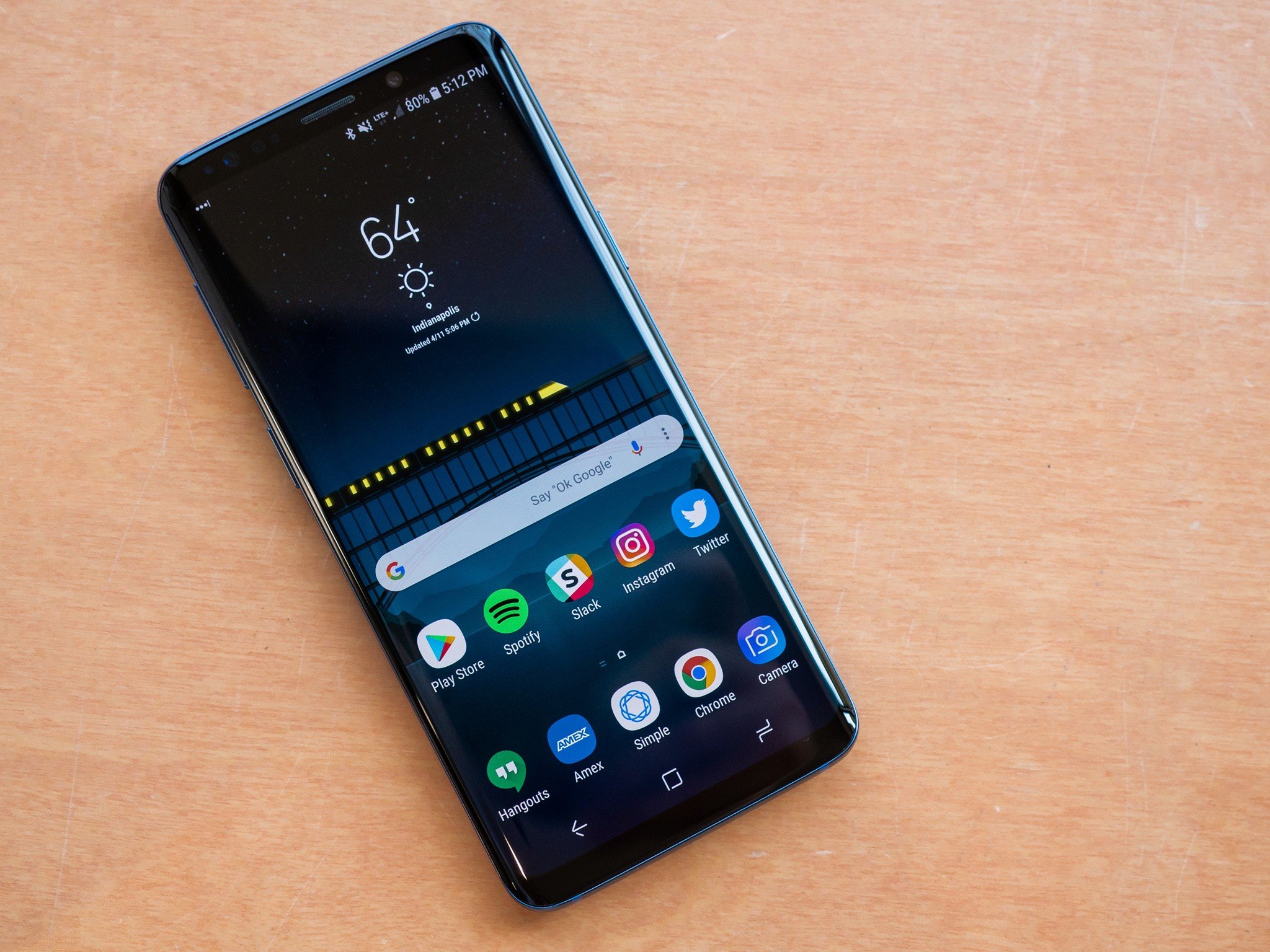
It's easy to get caught up in the excitement of new phones, especially when they're as well-received as the Galaxy S20 lineup — and all the more so when Samsung is offering such high trade-in values towards those new phones. But after revisiting the Samsung Galaxy S9 before sending it off for credit towards my S20+, I was struck by how well it's held up over these last two years.
Thanks to continued software support, it's gotten considerably better over time, and there's a lot about the hardware that I actually prefer on the Galaxy S9 over Samsung's newer designs.
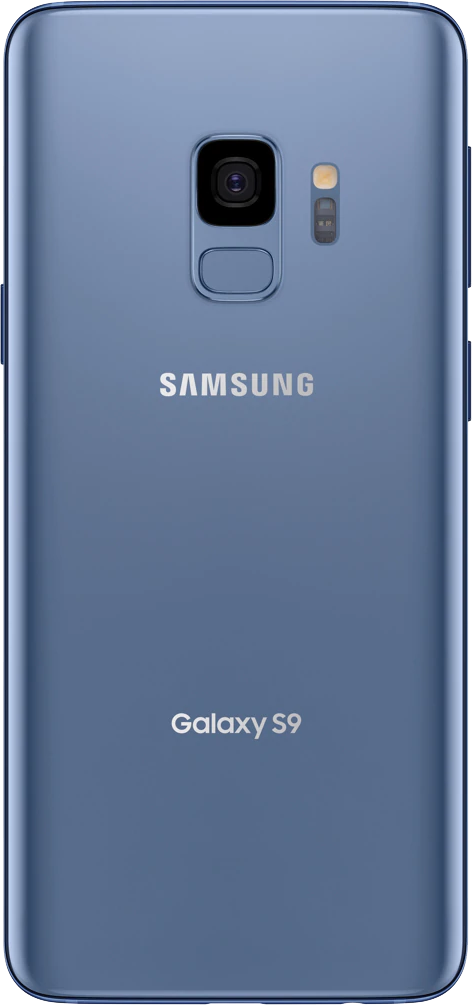
A design that stands the test of time
Even two years later, the Galaxy S9 still feels ultra-modern thanks to continued software support and excellent build quality. Now that it's available at a fraction of its launch price, it's an excellent budget flagship choice.
Samsung Galaxy S9 What I still like
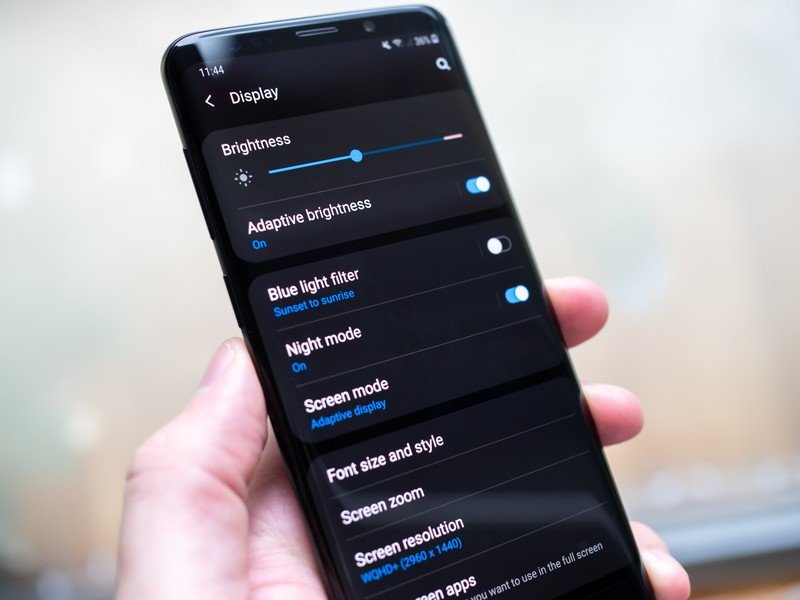
We're never shy to bring up that Samsung's design language hasn't changed much since the Galaxy S6, but that's hardly a bad thing when the language is so good. Though Samsung continues to refine its hardware each year, the S9 still looks and feels just as modern and high-end as even the S20+ I've since replaced it with. The curved glass and metal still feel fantastic to hold, and the display is still gorgeous.
The iris scanner and capacitive fingerprint sensor are leaps and bounds better than what the S20 offers today.
It's a bit jarring going back to 60Hz coming from the S20+'s 120Hz glory, but the vast majority of people aren't using high refresh rate phones yet anyway, so I doubt this'll concern most people. What important is that everything from color to maximum and minimum brightness is still fantastic on the S9, and bezels are still nearly non-existent.
There's a small bit of bezel left above and below the display, but it doesn't bother me in the slightest. In fact, it makes room for something even newer phones like the S20 don't offer: an infrared-based iris scanner for quick authentication. For me, this is leagues better than any authentication method Samsung offers today; the ultrasonic fingerprint sensor is still slow and inaccurate at times, and the camera-based facial recognition is even slower, completely unsecure, and barely functional in low light.
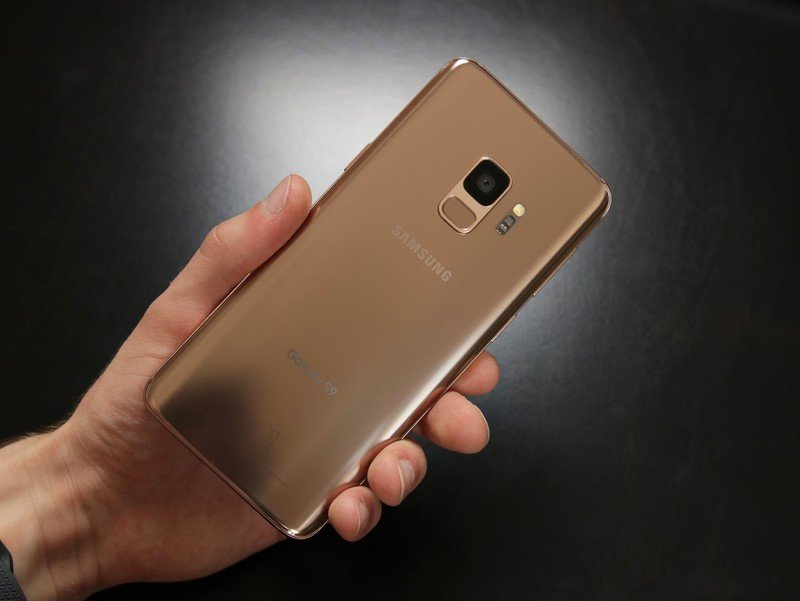
By contrast, the iris scanner works incredibly well in pitch darkness or well-lit rooms (though admittedly, direct sunlight can often trip it up). Much like the depth-mapping facial recognition used on phones like the Pixel 4, it's absolutely effortless to use and works great in almost any situation.
There's also the capacitive fingerprint sensor on the back of the phone, which remains one of my favorite ways to unlock a phone. The sensor sits just below the S9's singular camera, where my index finger naturally gravitates toward when I hold the phone. This makes it easy to unlock the phone without even turning on the display — though it's still a bit flush, so a case can be helpful in finding the sensor by feel.
Get the latest news from Android Central, your trusted companion in the world of Android
Android 10 and One UI 2 bring this 2018 phone up to 2020 speed.
What's more, this rear-mounted sensor enables one of the best features that's been lost to the in-display fingerprint sensors of today. See, the sensor pulls double duty as a gesture pad that lets you pull down your notification shade with a simple swipe on the back. This is especially handy for larger phones like the S9+, where it's hard to reach the notification tray without adjusting the position of the phone in your hand, but I love it all the same on the small S9.
The rest of the hardware stands up just as well. You still get most of the same accoutrements as newer Samsung devices, with everything from IP68 water resistance to wireless charging — though unlike the S20, you can't use the S9 to wirelessly charge other devices. There's even still a headphone jack on the S9; personally, it makes no difference to me since I haven't used wired headphones in years, but this is a hugely important detail for some.
Of course, great hardware doesn't matter much if the software can't keep up. Thankfully, Samsung's taken longterm support seriously with the S9, and Android 10 has breathed entirely new life into the phone. Samsung's One UI 2 software is modern and snappy, with tons of optimizations for one-handed usability. This is for the most part the same software experience that you'll find on the S20 — which, in case you missed that review, is pretty great. Performance wasn't an issue on the S9 to begin with, but it absolutely flies with Android 10 and One UI 2, even with its slightly dated hardware.
Samsung Galaxy S9 What hasn't aged well
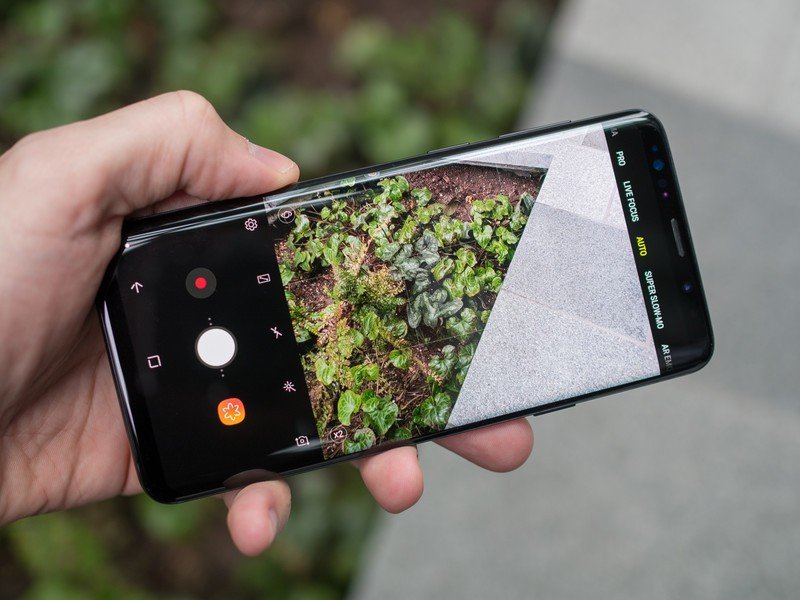
The first thing to go with any aging phone is the battery life — and unsurprisingly, that's still the case here. The small S9 with its 3000mAh cell was never a battery champ to begin with, but these days it's tough to get through a full day with even light usage. Thankfully, Samsung offers battery replacements by certified technicians in many of its service centers, which should theoretically make your S9 last as long as a brand new unit, though I can't speak from experience there.
Another thing that wasn't exactly stellar on the S9 to begin with is its singular camera, and that hasn't gotten much better with time. One UI brings new camera software, but the image processing has the same Samsung tendencies that bleed through into even the Galaxy S20; shadows are consistently brought up, as is color saturation, facial details are aggressively smoothened (yes, even with Beauty Mode disabled), and the slightest movement from a subject can lead to a blurry mess. Night mode also leaves a lot to be desired, especially by today's standards.
Still, it's not a horrible camera, and while I wish there were the options for ultra-wide or telephoto shots, it's certainly enough to get the job done, and even with its original software, Samsung did a terrific job with its manual camera controls.
Samsung Galaxy S9, two years on Should you buy it?
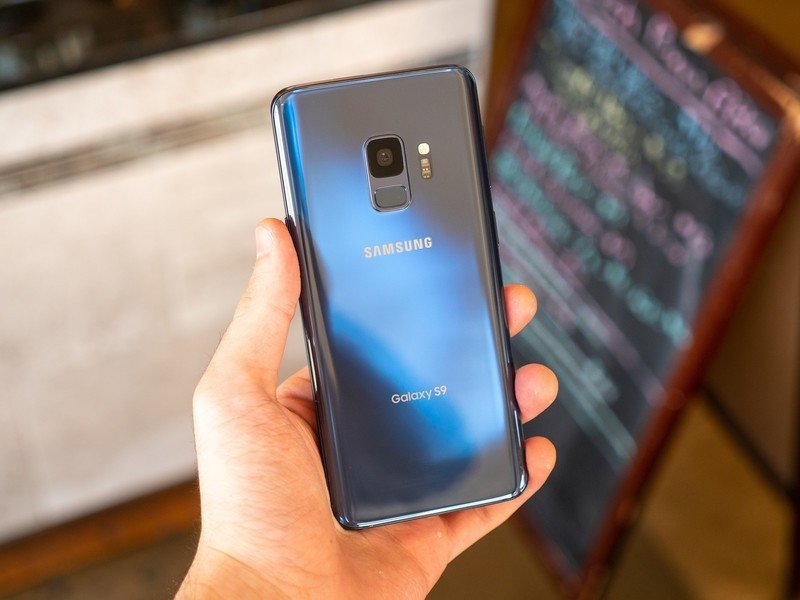
With all of that being said, the Galaxy S9 has held up incredibly well over the last two years, largely thanks to continued software updates and a fantastic hardware design that hasn't degraded in the slightest. It obviously doesn't have all of the gee-whiz features of newer phones, but Samsung future-proofed it with so many hardware traits at launch that even in 2020, it isn't hard to imagine using the S9 daily.
Especially now that it's running the same Android 10 and One UI 2 software as the Galaxy S20, the S9 feels every bit like a modern flagship. You won't get nearly the same camera quality, nor will the battery life deliver in quite the same way, but with a price tag of less than $500 these days (and refurbished models readily available at even lower prices), you're still getting a fantastic deal if you pick one up today.

Samsung Galaxy S9
Even two years later, the Galaxy S9 still feels ultra-modern thanks to continued software support and excellent build quality. Now that it's available at a fraction of its launch price, it's an excellent budget flagship choice.
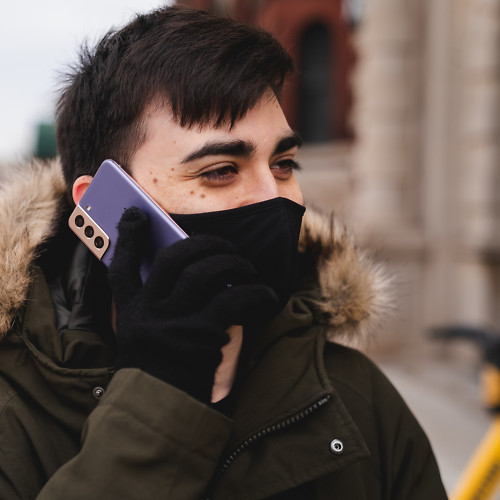
Hayato was a product reviewer and video editor for Android Central.

